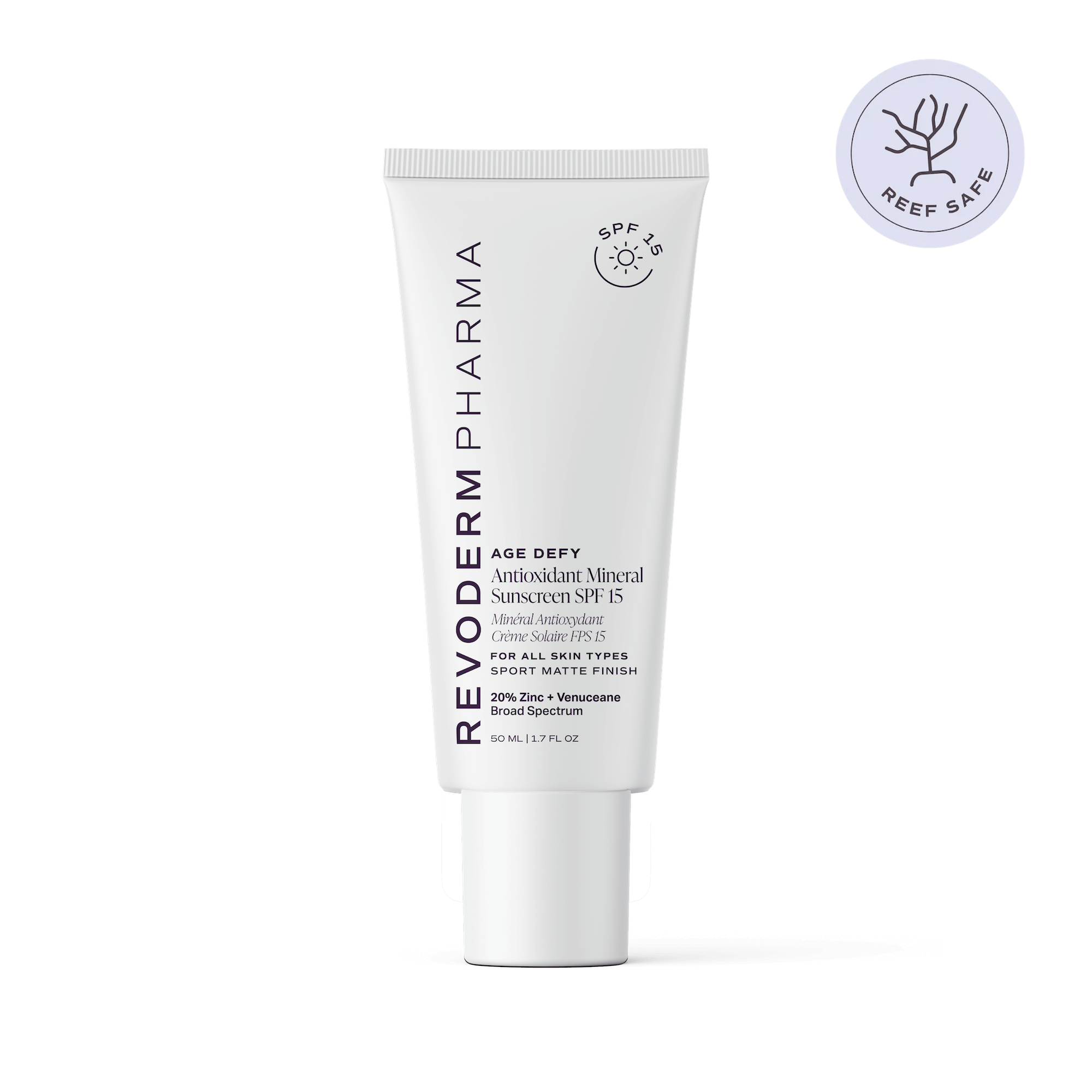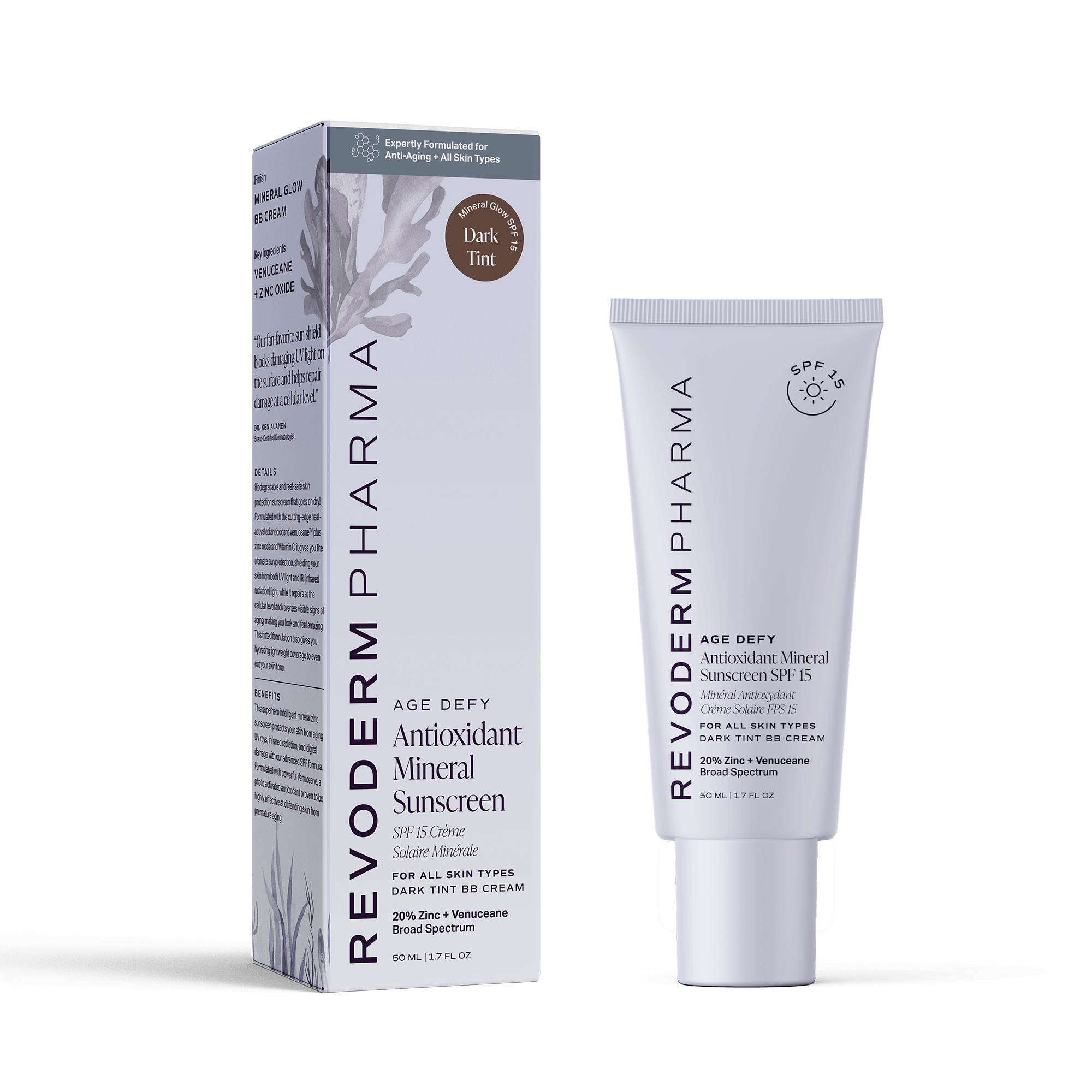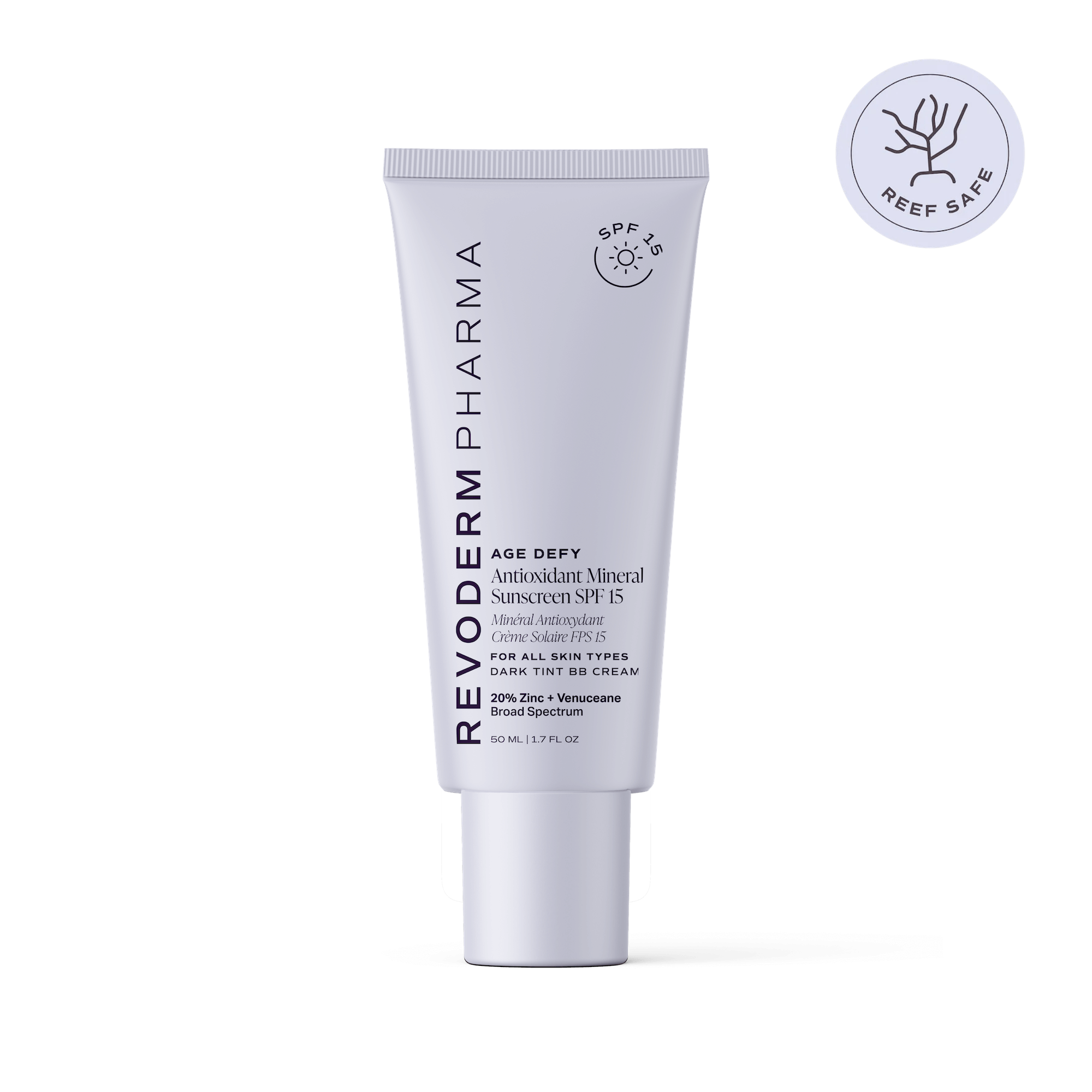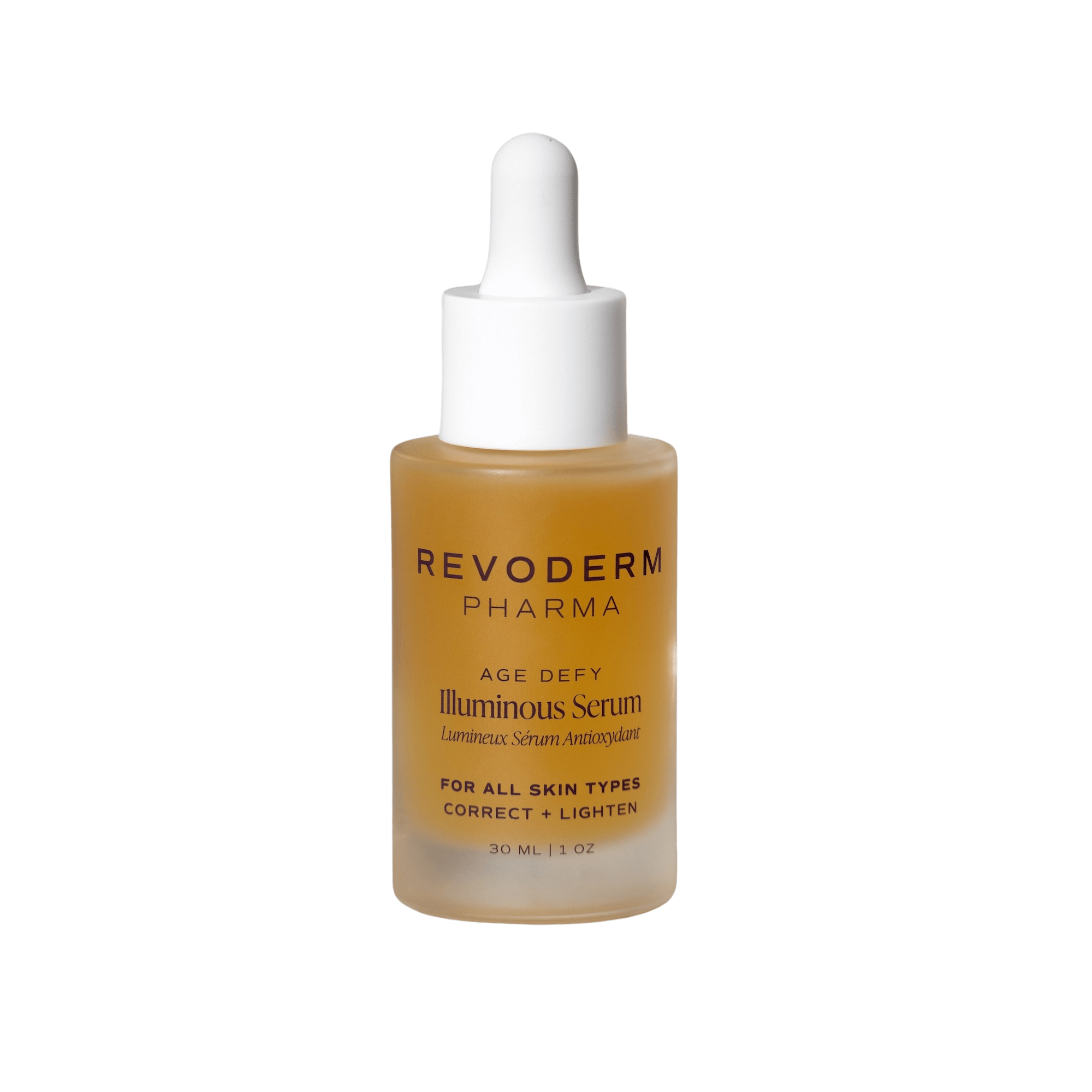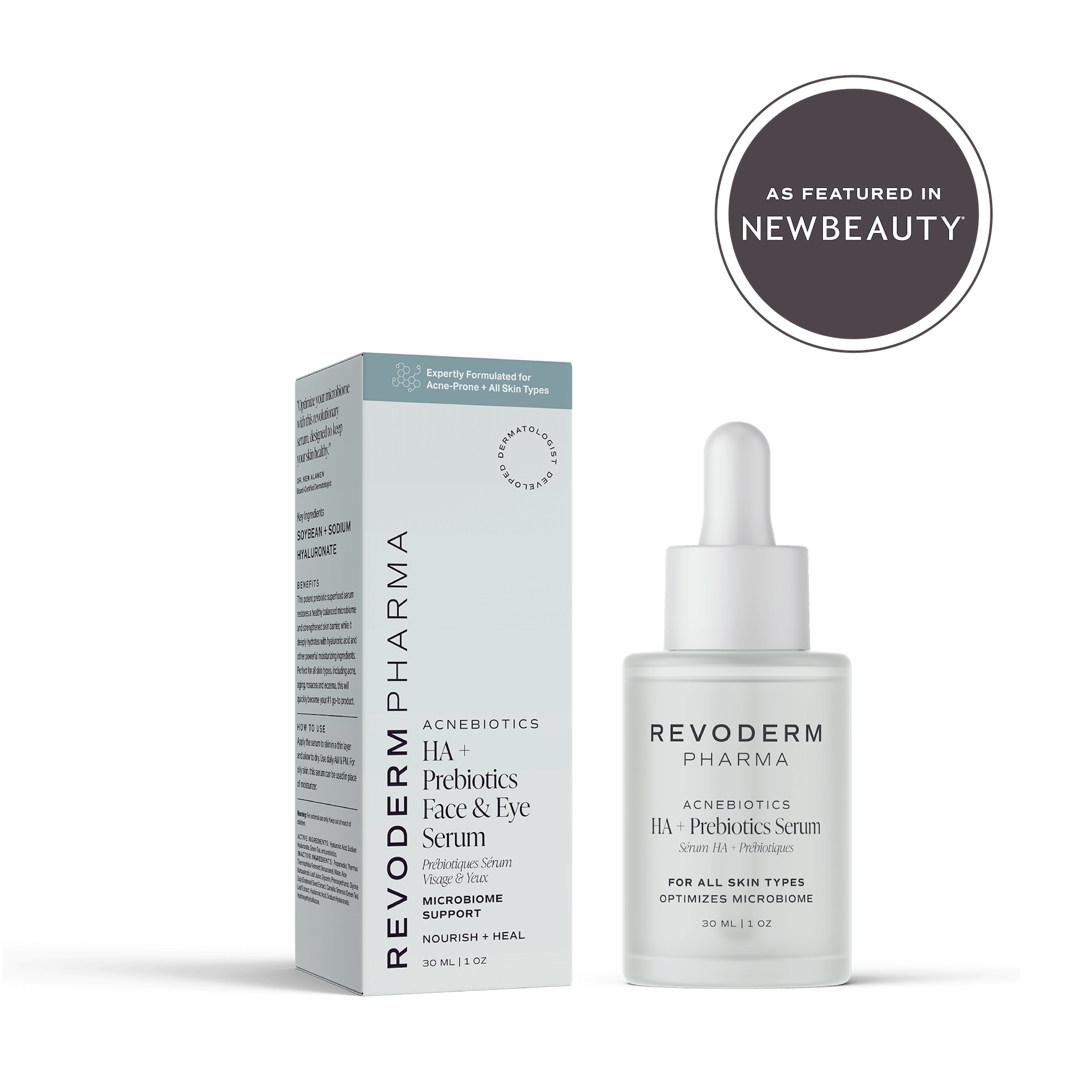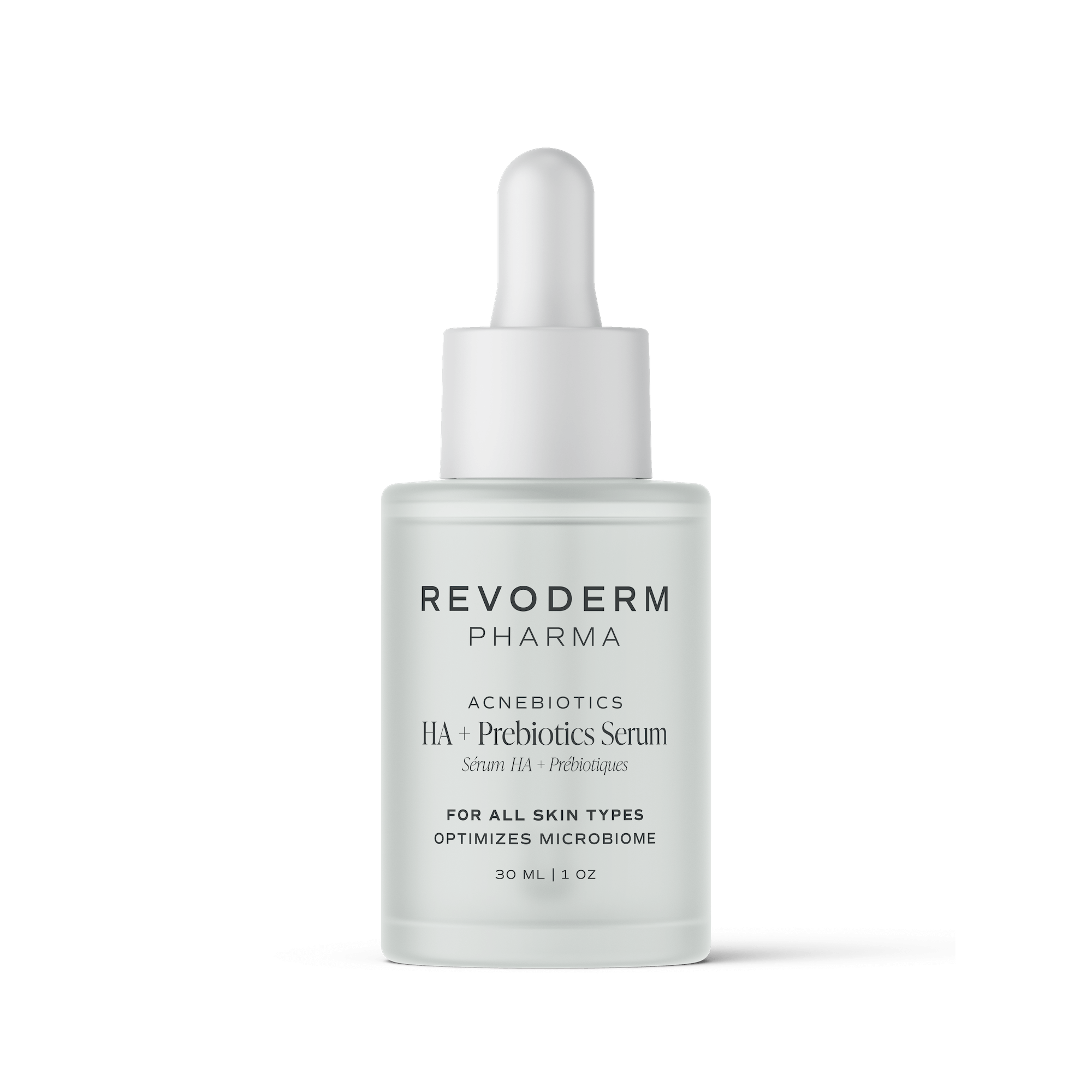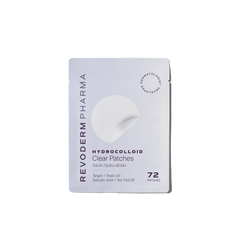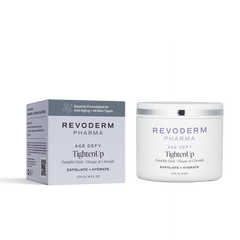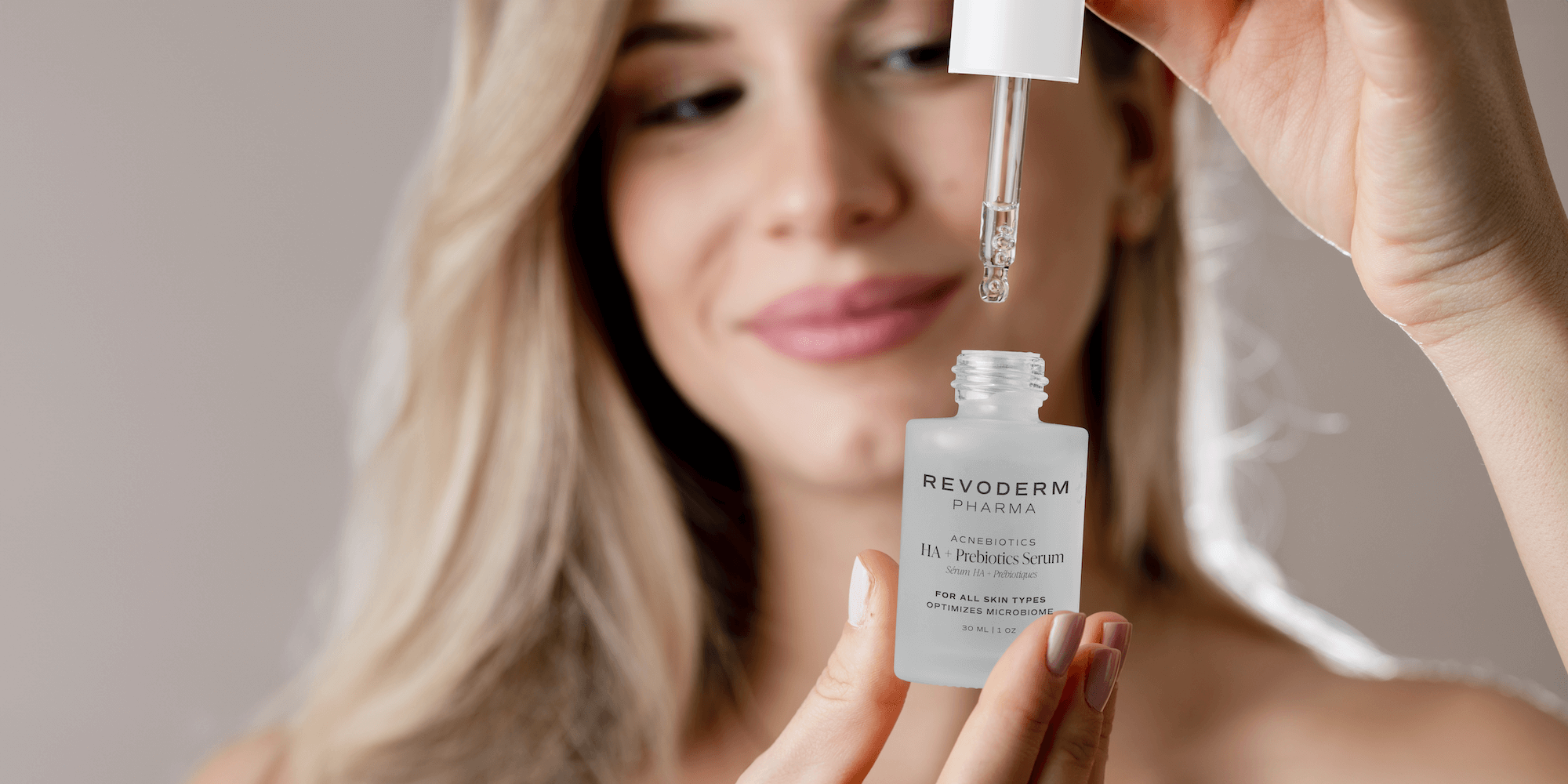Blue light is so pervasive we hardly even notice it. It pours off our computer screens. It radiates from our phones and tablets. Whenever we snap a selfie, we get a brief, powerful flash of it. It even comes from our lighting fixtures. Blue light is so omnipresent that we hardly ever think about it, but it affects us profoundly. Maybe it’s time we took a closer look at blue light.

“Blue light is a part of life, and it is not inherently harmful. Still, there are some things you can do to get the most out of blue light while minimizing its disruptive effects.”
Image by Gerd Altmann from Pixabay
WHAT IS BLUE LIGHT?
But first, what is blue light? Technically, it is a portion of the visible light spectrum characterized by high energy and short wavelength — typically, light waves in the range of 380-500 nanometres. Blue light is also known as high-energy visible (HEV) light. It’s next to ultraviolet light on the spectrum, and it has similar wavelength and intensity.
Blue light is abundant in nature, coming first and foremost from the sun. But our modern inventions, like cell phones, tablets, televisions, computers, fluorescent lighting, and LED bulbs, also add lots of blue light to the mix.
With so many sources of blue light, it’s only logical that our exposure to it is also high. Natural sources of blue light, like the sun, are not new. But what has changed recently is the amount of blue light we receive from artificial sources. A recent Nielsen study found that Americans are spending more than 11 hours per day using digital media. We also spend lots of time indoors, where fluorescent lighting and LEDs are common.
HOW DOES BLUE LIGHT AFFECT US?
Scientists are still investigating the effects of blue light on human beings, and there is no cause to be alarmed. After all, we have been living with sunlight since the dawn of humanity, and in moderation, it doesn’t harm us.
Still, there is plenty of reason to treat blue light with respect. Blue light affects sleep in several ways. For this reason, it’s a good reason to switch off your phone or computer an hour before you go to bed. Ophthalmologists have also linked blue light to dry eye, eye strain, and age-related vision conditions, such as cataracts and macular degeneration.
Blue light can also accelerate the aging process in your skin, bringing on fine lines and wrinkles. It seems to generate reactive oxygen species as it penetrates skin, causing the breakdown of collagen and elastin. It also contributes to brown spots and hyperpigmentation such as melasma. If you’re already struggling with pigmentation issues, blue light can increase them.
But the story is not all bad when it comes to blue light. It has several helpful clinical applications. In clinic, we use blue light in highly controlled photodynamic therapy to treat non-melanoma skin cancers such as basal cell carcinoma and squamous cell carcinoma. We also use it to treat precancerous conditions like actinic keratosis.
THE BOTTOM LINE ON BLUE LIGHT
We don’t want to frighten you into taking drastic action about blue light. There is no reason to panic — blue light is a part of life, and it is not inherently harmful. Still, there are some things you can do to get the most out of blue light while minimizing its disruptive effects. Keep a healthy distance between you and your digital devices — about a foot ought to do it. Turn down the brightness while you’re at it. Take periodic breaks from technology to rest your eyes and skin. And here's two other things you can do.
Use a Little Retinol
Use a retinol-based anti-aging product to undo the aging effects of blue light. Two of our favourites are Revoderm’s Illuminous Antioxidant Serum and Retinol 0.5% Night Cream.
Use Sunscreen
Use a mineral sunscreen to block blue light, even when you're indoors. Revoderm Zinc Mineral Sunscreen SPF 15 with Antioxidants is perfect for this purpose. Don’t forget the lips, either — put on some Zinc Oxide SPF Organic Mineral Lip Sunscreen too.
And that's the bottom line on blue light. There's no need to fear it — but add some blue light protection to your skin care regimen.

